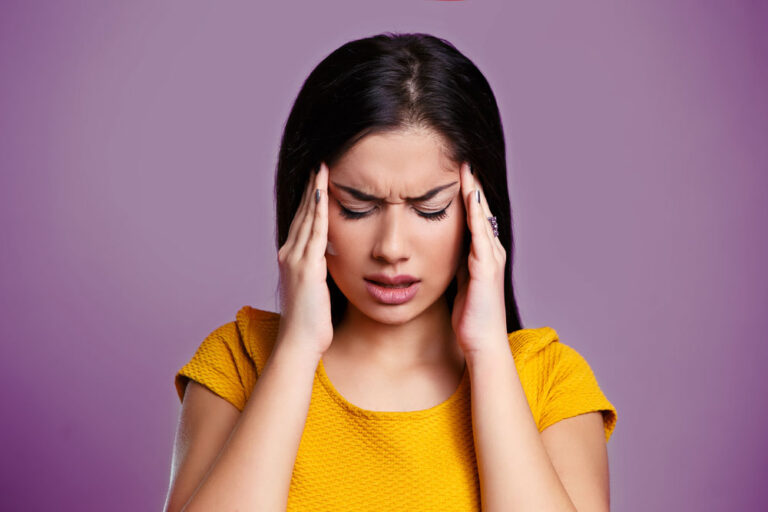Many people suffer from migraines that affect their lives. Although experts are still unclear of the exact causes, they have found some specific triggers that may increase the likelihood of an attack. With medications, you can treat and prevent migraine. Learn how to prevent migraine attacks from ever starting if you suffer from them.
Migraines can often be effectively managed by combining medicine with behavioral measures and lifestyle modifications.
Get adequate sleep:- One well-known migraine risk factor is a lack of sleep. In fact, studies have shown that getting seven to nine hours of sleep each night significantly reduces the number of attacks for many people. Studies have shown that for certain people, excessive sleep and irregular sleeping habits can raise their risk of getting migraines. For this reason, it’s crucial to go to bed and wake up at the same time each day, including on weekends and holidays.
Better sleep can be facilitated by anything that makes you feel relaxed. Read a book or listen to music. But be careful what you consume before bedtime. Alcohol, coffee, large meals, nicotine, and intense exercise can all disrupt sleep.
If you have trouble sleeping, try reading or indulging in another calm activity until you fall asleep. There are medications that may make it difficult for you to fall asleep, including migraine medications, caffeine, and stimulants.

Exercise:- Regular exercise can be equally as effective as migraine medicines at preventing attacks, according to a study published in the journal Cephalalgia. While they can’t say for sure, researchers believe that exercise lowers the chance of attacks by encouraging the release of endorphins and increasing blood oxygen levels. However, it’s crucial to exercise for at least 40 minutes, three times a week.
Chronic headache risk is higher in obese people. Keeping a healthy weight through exercise and diet can also help with migraine management. Other options include walking, swimming, and cycling. Make sure you ease into exercise gradually, as vigorous exercise may trigger migraines.
Increase your riboflavin intake:– According to research in the European Journal of Neurology, 400 mg of riboflavin per day can help patients experience migraines less frequently. Riboflavin, also known as vitamin B2, is present in eggs, green vegetables, meat, milk, and enriched flour. Although you can enhance your consumption by taking supplements, you’re more likely to experience any potential benefits if you get your riboflavin from natural food sources.
Eat more magnesium:– According to studies published in NeuroSciences, compared to the general population, migraine sufferers usually have significantly lower levels of magnesium. Magnesium is present in healthy foods such as spinach, almond, pumpkin seeds, avocados, bananas, dark chocolate, and black beans.

Stress management:- Although daily stress cannot be avoided, it can be managed. Manage your time, and update your daily tasks. Take a break. Keep a positive attitude. Do something you enjoy every day for at least 15 minutes.
You can relax by taking deep breaths. Inhale and exhale for at least 10 minutes daily.
Maintain a migraine diary:- Identify your triggers by keeping a diary. Note when your migraines began, what you were doing, how long they lasted, and what helped.
The simplest advice until recently was to avoid migraine triggers. But, according to a recent study, this might potentially make people more sensitive to possible triggers.
A more effective strategy can involve gradually exposing yourself to triggers and learning behavioral management strategies to deal with these headache causes.
Visit a doctor:- Although there is no known cure for migraines, many patients have found relief from a variety of modern medications. They are helpful for some patients and they can help lessen symptoms in others. Consult our specialists to know if these medications are right for your migraine symptoms.
